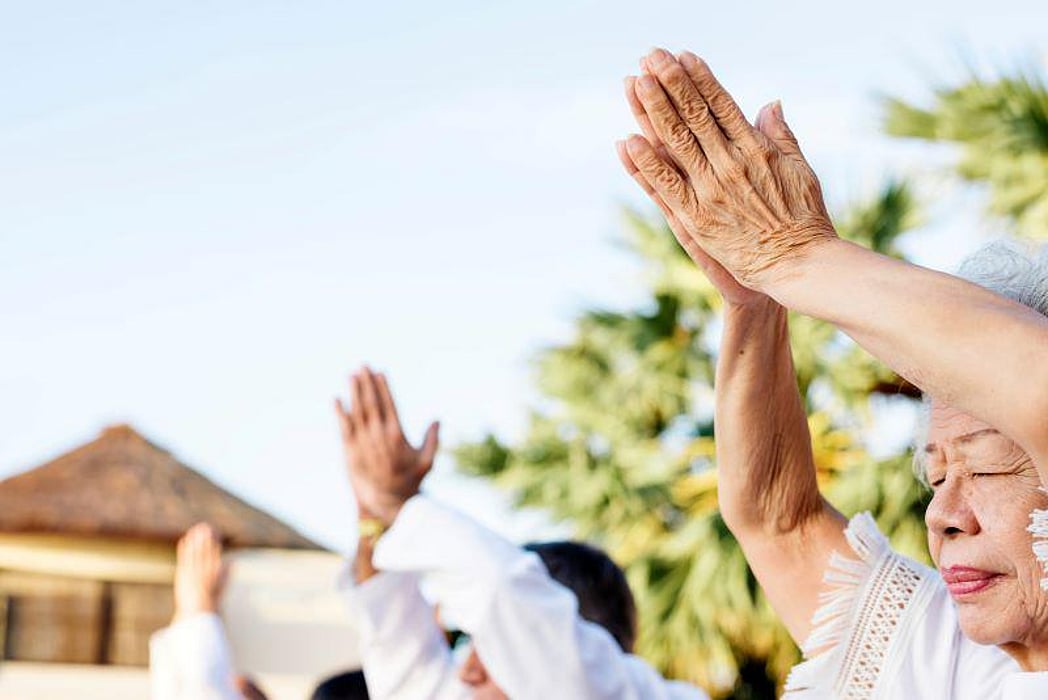Sitting Tai Chi Program Benefits Subacute Stroke Survivors

THURSDAY, April 7, 2022 (HealthDay News) -- A tailored 12-week sitting tai chi program is beneficial for the recovery of subacute stroke survivors, according to a study published online April 7 in Stroke.
Jie Zhao, Ph.D., from the Yunnan University of Traditional Chinese Medicine in Kunming, and colleagues conducted a 12-week randomized controlled trial in China involving subacute stroke survivor-caregiver dyads. Eighty dyads were randomly assigned to the sitting tai chi group and 80 to an attention control group.
The researchers found that the sitting tai chi group (69 participants) showed significant upper-limb function improvement in the primary outcomes, including performance time and functional ability domains of the Wolf Motor Function test, balance control, and sitting balance control immediately postintervention. Improvements were also observed in secondary outcomes, including depressive symptoms, shoulder extension, activities of daily living, and quality of life compared with the control group (65 participants).
"Sitting tai chi uses minimal resources with assurance of safety and could meet the transitional care needs of stroke survivors," the authors write. "The current program, the inpatient training combined with video-guided self-practice, was beneficial to provide subacute stroke survivors and their caregivers with the knowledge and ability to exercise during their hospitalization to facilitate the continuation of their recovery after their return to the community."
Related Posts
What Causes Alzheimer’s? Genes, Environment & Lifestyle Play Roles
TUESDAY, June 20, 2023 (HealthDay News) -- Learning that your loved one has...
Proteger la piel del sol no debilita los huesos, según un estudio
JUEVES, 18 de noviembre de 2021 (HealthDay News) -- La mayoría de las personas...
AHA News: ‘Tu duelo no ocurre en el tiempo de otros’: las diversas experiencias de afrontar una pérdida
MARTES, 9 de mayo de 2023 (American Heart Association News) -- Kyme...
Airborne COVID Virus Drifts Outside Isolation Rooms at Home
TUESDAY, Feb. 1, 2022 (HealthDay News) -- Telling people to isolate in a...
